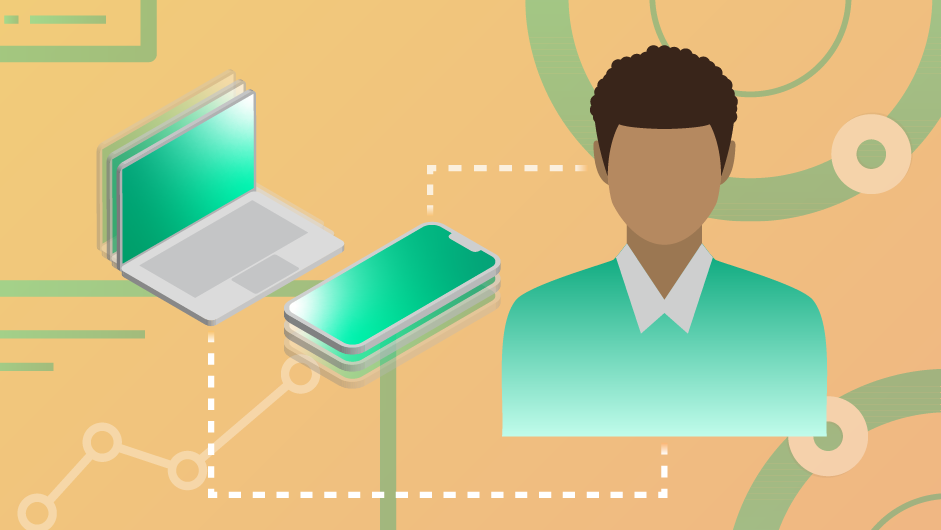In addition to shifting its in-person visits to virtual sessions due to the pandemic, the University's Counseling Center has introduced numerous self-help apps and web-based services for students and the University community at large. These new tools supplement the Counseling Center's telehealth services with on-demand support and educational content.
“These online resources have been critical services throughout the pandemic,” said Rene Monteagudo, director of the Counseling Center. “To date, we have conducted over 15,000 virtual visits, and apps like WellTrack experienced its highest utilization during the pandemic, with over 600 students reporting on it daily.”
Combined with a plethora of self-help tips and resources available on the center's website, these services aim to fulfill the Counseling Center’s objective to encourage students to proactively manage and maintain their emotional well-being.
Kognito
Kognito—the center’s newest online platform—is an interactive virtual simulation that trains users how to listen to struggling peers, navigate ways to help them, and provide the appropriate resources.
“Kognito is considered a gold standard in terms of gatekeeper training and suicide prevention. Given the popularity of our Mental Health First Aid training sessions, and in combination with the pandemic, it was critical that we continue to offer this type of training to as wide of an audience as possible,” added Monteagudo.
The program uses game-like features (including a virtual coach, story-based simulations, and a final report) to teach users how to have meaningful conversations, helping foster a supportive community on campus.
“Kognito’s focus on understanding students to provide them with the support they need really pushed me to think about the situation of others,” said Ariella Lafayette, a junior studying political science who recently completed the training. “Having to actively choose responses to simulated students in distress helped me understand how to support a student who needs it.”
The experience is available to all students, faculty, and staff via their University email and password, and takes only 30 to 45 minutes to complete.
WellTrack
WellTrack, first introduced to campus in 2020, is an online self-directed therapy experience for managing depression and anxiety. Paired with its MoodCheck app where students can anonymously report their mood for the day, WellTrack allows the Counseling Center staff to proactively identify trending issues among students.
Question, Persuade, Refer (QPR) Gatekeeper Training for Suicide Prevention
Question, Persuade, Refer (QPR) Gatekeeper Training for Suicide Prevention is an online training program intended to teach others to recognize and respond to those who may pose a threat to themselves.
PsychHub Video Libary
Since many people benefit from more passive forms of self-help guidance and resources, PsychHub provides the University community with quick access to an extensive library of educational videos about mental health, substance abuse, and other topics.
Recognizing that mental health is only one aspect of well-being, the Division of Student Affairs has compiled a listing of the many programs, services, and facilities students can use to enhance their well-being and resiliency skills. By visiting miami.edu/well-being, users are directed towards the eight dimensions of well-being and are encouraged to actively engage with each of them to maximize their health and wellness.

